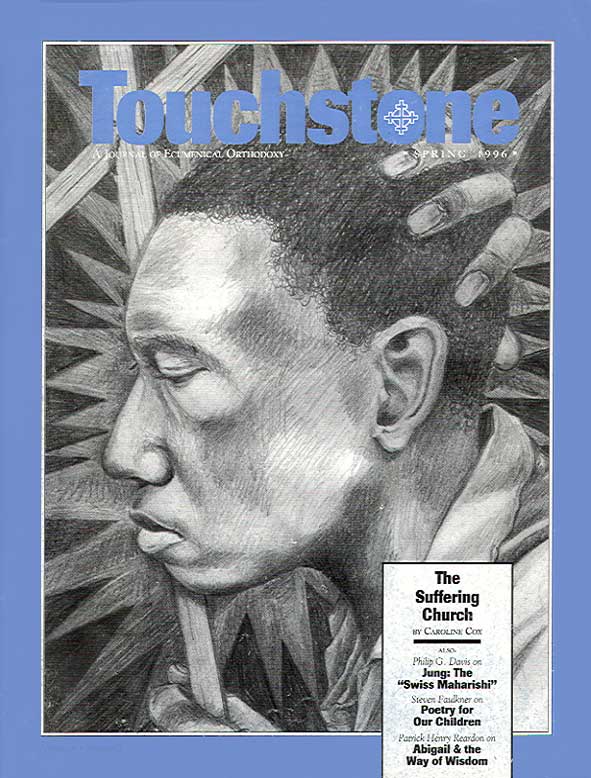A Faith Worth Disbelieving
Uncertainty About Doctrinal Truth Leads to Secularized Substitutes that Are Not Worth Believing
by Jerry L. Walls
In one of its “Religion” articles in 1980, Time magazine observed the surprising phenomenon that God was making a comeback “in the crisp, intellectual circles of academic philosophers, where the consensus had long banished the Almighty from fruitful discourse.” In the intervening years we have witnessed a remarkable new stream of fruitful discourse about God flowing from philosophical pens.
Not only has the existence of God been defended, but philosophers also have busied themselves with more specific claims as well. For instance, fresh accounts of the coherence of traditional divine attributes such as omnipotence have been formulated. More recently, a number of philosophers have turned their attention to distinctively Christian concerns such as the Trinity, the Incarnation, atonement, hell, and the interpretation of Scripture. And all of this work has been done in the “crisp, intellectual” fashion for which philosophers are noted.
A Faith for the Mind & Heart
In the past couple of years another fascinating variety of literature has come from these same pens, and has been published in two volumes entitled, respectively, God and the Philosophers and Philosophers Who Believe. In these volumes, Christian philosophers (as well as two Jewish philosophers) depart from their typically analytic style of discourse, and speak “from the heart” about their own encounters with the Almighty and how this has affected them.
While no less serious than their academic works, these essays allow the authors to engage their readers at a personal and existential level that is absent from much philosophical writing. They are a powerful demonstration that academics are not just intellects; they are persons, and their faith engages their humanity at all levels of their being, just as it does in the case of “ordinary” believers. One of the recurring themes of these essays is that the faith which these philosophers have found is intellectually as well as emotionally satisfying.
The Appeal of Watered-Down Religion
Most of them are broadly orthodox in their beliefs and several specifically comment on the lack of appeal that watered-down religion has for them. Consider a few examples.
Peter van Inwagen on his reaction to reading C. S. Lewis: “I lost at the time, and for good, any capacity for taking any liberalized or secularized version of Christianity seriously. I could read Lewis. I could try to read Harvey Cox or William Hamilton. I could see the difference. To this day, I cannot see why anyone disagrees with my judgment that academic theologians of their stripe have nothing of interest to say.”
Marilyn McCord Adams on the religious climate of her university days as affected by the likes of Tillich, Bultmann, Buber, and Niebuhr: “If these authors offered a way of being religious—even Christian—without believing as much as I thought was required, this advantage seemed to be bought at the price of reduction. It didn’t take long to discover that most of the mainline campus ministers didn’t believe in a God as real as I remembered. Christian symbols were fine if they were metaphors. But I wasn’t looking for a mere metaphor or a permanently eclipsed God. What I wanted was to taste and see again!”
bulk subscriptions
Order Touchstone subscriptions in bulk and save $10 per sub! Each subscription includes 6 issues of Touchstone plus full online access to touchstonemag.com—including archives, videos, and pdf downloads of recent issues for only $29.95 each! Great for churches or study groups.
Transactions will be processed on a secure server.
more from the online archives
calling all readers
Please Donate
"There are magazines worth reading but few worth saving . . . Touchstone is just such a magazine."
—Alice von Hildebrand
"Here we do not concede one square millimeter of territory to falsehood, folly, contemporary sentimentality, or fashion. We speak the truth, and let God be our judge. . . . Touchstone is the one committedly Christian conservative journal."
—Anthony Esolen, Touchstone senior editor











